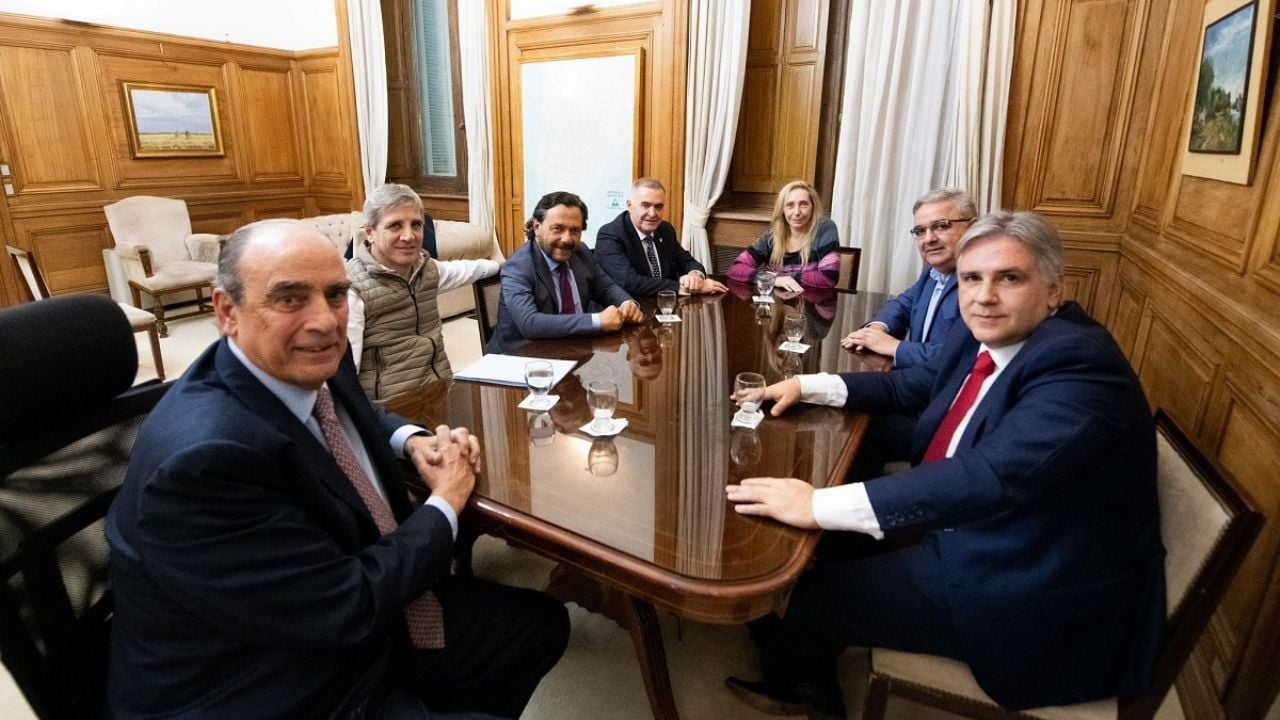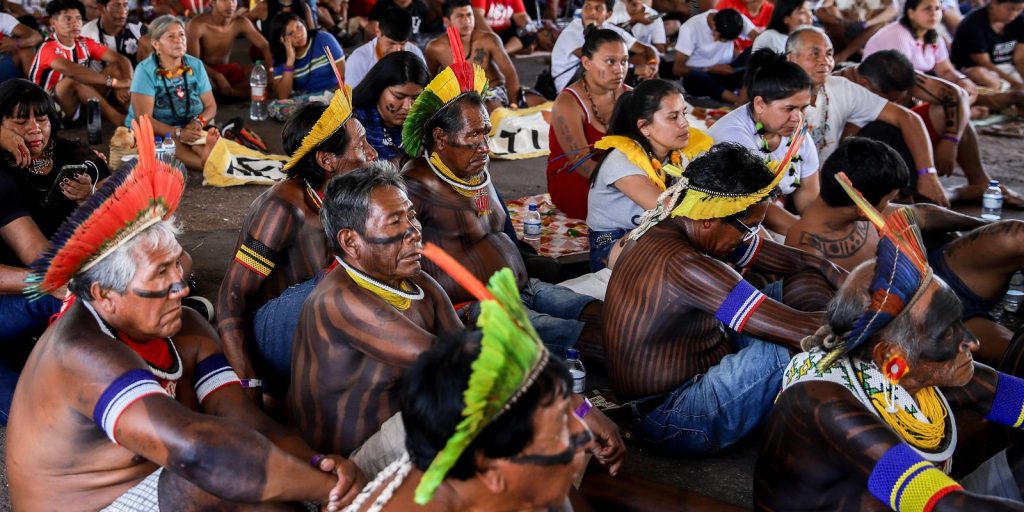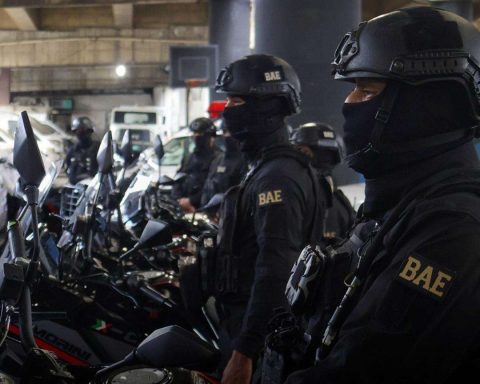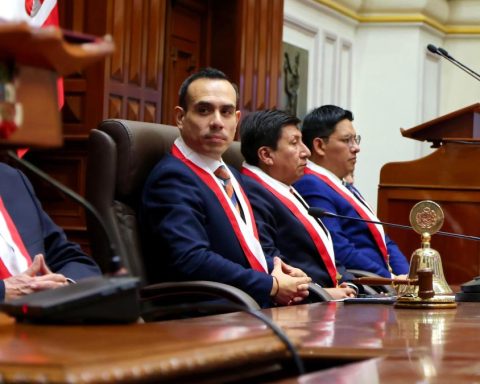The Argentine Government has officially appointed Federico Sturzenegger as representative of the National Executive Branch in the “May Council”. This measure was published in the Official Gazette by Decree 710/2024 and establishes that Sturzenegger will perform his function on an “ad honorem” basis.
Federico Sturzenegger, who currently holds the position of Minister of Deregulation and Transformation of the State, has been elected to form part of this collegiate advisory body. The “May Council“It was created with the aim of debating and drafting bills and other administrative acts necessary to implement the guidelines agreed upon in the “May Pact.”
He “May Council” was established as a consultative entity within the scope of the Office of the Chief of Ministers. Its creation was made official on July 16 by Decree No. 617/24. The main mission of this council is to promote the implementation and compliance of the guidelines established in the “May Pact”.
The Pact of May is the agreement signed with the governors in Tucumán on July 9, during the celebration of Independence Day. Its objective is to seek the economic and social reconstruction of the country.

Its main points include the inviolability of private property, a non-negotiable fiscal balance, the reduction of public spending to historic levels, a useful and modern education, and a tax reform that reduces tax pressure.
As representative of the National Executive Branch, Sturzenegger will be responsible for carrying out the points proposed by Javier Milei’s administration and agreed upon with the governors.

Designation
His appointment to this position is a reflection of the government’s confidence in his ability to contribute to the development and implementation of public policies that promote the well-being of the country.. He May Council It will be made up of a president, who will be the Chief of Staff, Guillermo Francos, and six advisors.
In addition to the representative of the Executive, the council will include a representative from the provinces and the City of Buenos Aires, the Senate, the Chamber of Deputies, trade unions and businessmen.


















